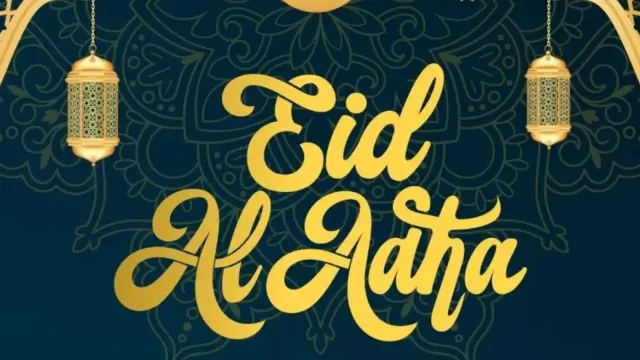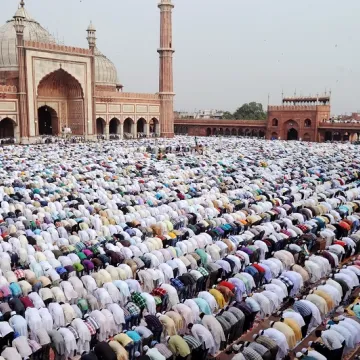The history and meaning of Eid-ul-Adha holiday

Muslim faithful mark this day by slaughtering an animal as a sacrifice in remembrance of what Ibrahim did.
Interior Cabinet Secretary Kipchumba Murkomen has declared Friday, June 6, 2025, a public holiday to mark Eid-ul-Adha, one of the ancient celebrations for Muslim faithfuls around the world.
CS Murkomen announced the public holiday via a gazette notice on Wednesday, June 4. “It is notified for the general information of the public that in exercise of the powers conferred by section 2 (1) of the Public Holidays Act, the Cabinet Secretary for Interior and National Administration declares that Friday, 6th June, 2025, shall be a public holiday to mark Eid-ul-Adha,” the statement reads.
Eid-ul-Adha is an Islamic celebration that commemorates Prophet Ibrahim’s devotion to Allah and his readiness to sacrifice his son, Ismail. It is also one of the most significant holidays in the Islamic calendar and falls on the 10th of Dhu al-Hijja, the twelfth and final month of the Islamic calendar.
The announcement allows Muslims across the country to prepare for the religious festivities, which involve prayers, charity, and communal meals. The Celebrations and observances are generally carried forward to the three following days, known as the Tashreeq days.
Muslim faithful mark this day by slaughtering an animal as a sacrifice in remembrance of what Ibrahim did.
According to Muslim Aid, the act of sacrifice (Qurbani) is carried out following the Eid prayers (Eid Salaah), which are performed in the congregation at the nearest Mosque on the morning of Eid. The celebration also marks the conclusion of Hajj, an annual pilgrimage to Mecca in Saudi Arabia.
Notably, this declaration is in line with the tradition in which previous governments also recognised Islamic religious festivals as national holidays. It promotes inclusivity and religious freedom in the country, and therefore fostering unity.




